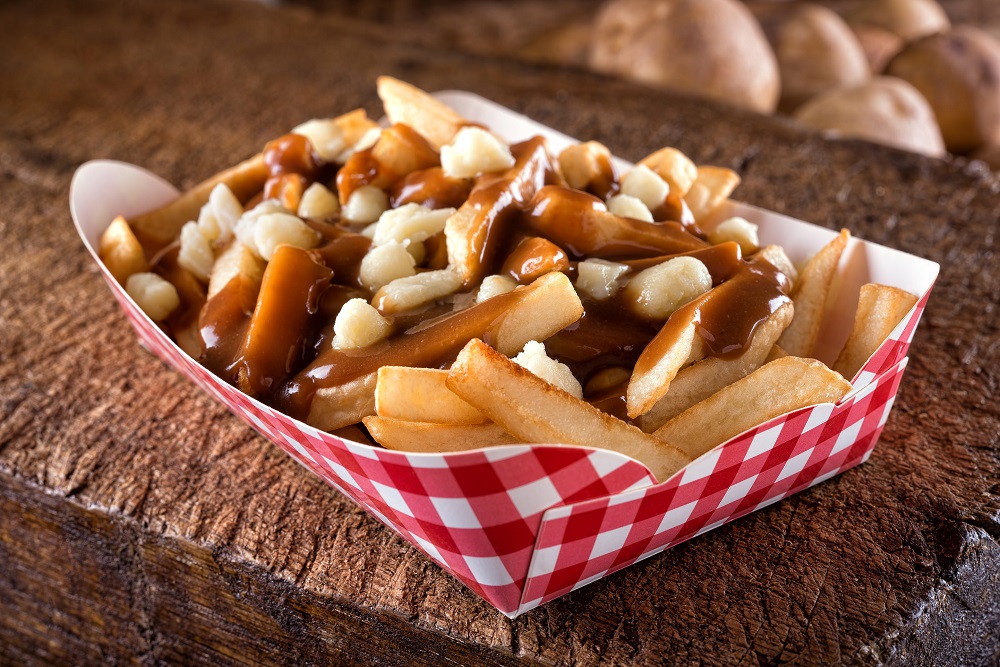QUEBEC, March 9 ― French fries, cheese curds and brown gravy. These are the basic components of poutine, an emblematic dish in Quebec's culinary culture. Given the current geopolitical context, the dish is raising eyebrows, especially in the French-speaking world, where it shares its name with the Russian president. But whether it's the dish's name, its origins, or its calorie content, poutine is a specialty that's no stranger to controversy.
This is one collateral effect of the war in Ukraine that nobody could have expected: restaurant owners who have chosen to serve poutine, the flagship dish of Quebec, are now on the receiving end of threats and insults. The situation is such that the Maison de la Poutine, which manages restaurants in Paris and Toulouse, was forced to publish a statement on social networks to remind people that the recipe has no relation whatsoever with the Kremlin leader. In Montpellier, the Midi Libre newspaper reports that another establishment has been subject to the same kind of intimidation, and is receiving bad reviews on Google. Meanwhile, in Lyon, a restaurant owner has decided to stop making puns about their version of the dish, that they used to call “Vladimir,” voluntarily playing on the confusion.
So why is poutine called poutine?
There are various myths and legends about how this typical Quebec recipe got its name. The tourist office of Canada's Belle Province reports that in 1957, a customer named Eddy Lainesse ordered fries in a restaurant in the village of Warwick and asked for cheese on top. The astonished owner of the eatery then exclaimed: “ça va faire une maudite poutine,” basically saying that it would “make one helluva mess.”
Another hypothesis attributes the origins of poutine to the owner of a restaurant in Drummondville. According to Radio Canada, Jean-Paul Roy decided in the early 1960s to use the nickname of one of his cooks ― Ti-Pout ― to name the recipe. According to the restaurant owner's widow, who spoke to the Canadian media outlet in 2017, a waitress then supposedly said “Ti-Pout fait de la poutine,” and the rest is history.
But the story of poutine is marked by confusion and debate. The many legends that try to explain its existence have always left the dish open to discussion. Its content has also proved controversial. In 1987, a Canadian political cartoonist essentially called it the worst gastronomic disaster of the 20th century. In the 2000s, poutine became a symbol of junk food, due to the high levels of saturated fat in the fries and cheese.
In addition, a student from the University of Vermont ― who won a Canadian Association for Food Studies award for his research on the cultural appropriation of Quebec's poutine by other Canadian provinces ― recalled that the recipe was once used to mock and stigmatize Quebec society. ― ETX Studio






















